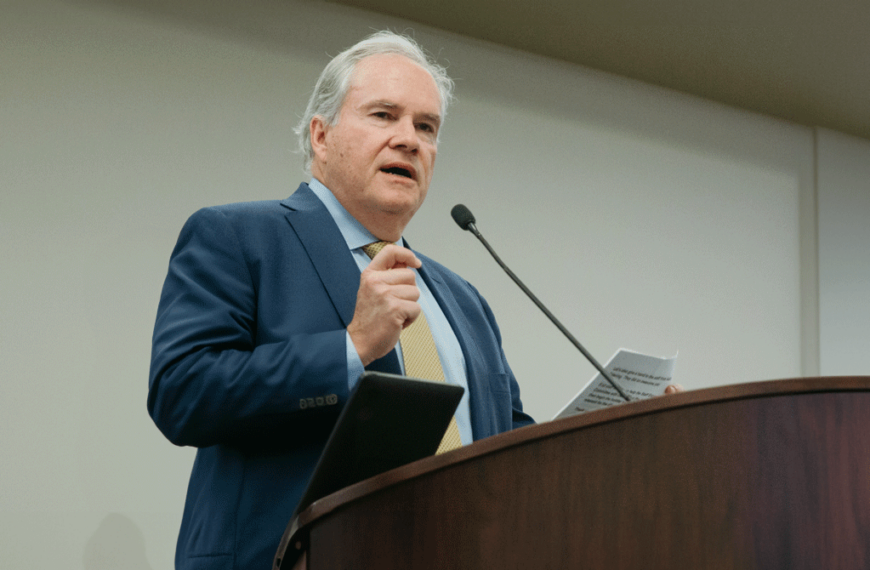The 2025 Medicare Physician Fee Schedule Proposed Rule introduces several major changes to CMS’s policies and reimbursements. Texas health systems now face a new conversion factor and the removal of code G0511 for Chronic Care Management (CCM) programs. But providers will also have the opportunity to engage with a new care management service, called Advanced Primary Care Management (APCM), which could revolutionize how you offer preventative care to patients.
1) The PFS Conversion Factor
The Proposed Rule states that the conversion factor for 2025 will be 32.3562. In 2024 the conversion factor started at 32.74, before the Consolidated Appropriations Act raised it to 33.29.
It’s possible Congress will again choose to raise the conversion factor for 2025. But if they don’t, practices could see a 2.81% decrease in their Medicare payments.
2) G0511 for RHCs and FQHCs
In 2024, Rural Health Clinics (RHCs) and Federally Qualified Health Centers (FQHCs) in Texas were able to bill code G0511 for Chronic Care Management (CCM), Behavioral Health Integration (BHI), Primary Care Management (PCM), and many other forms of care coordination.
The Proposed Rule states that in 2025, code G0511 will no longer be used for CCM. Instead, RHCs and FQHCs will bill each of their care coordination services individually, using the same code that traditional ambulatory practices do, such as the most pervasive CCM code, CPT 99490. The change will lead to a substantial drop in reimbursements.
For example, traditional ambulatory practices in most of Texas currently receive $63.63 per patient, per month for Chronic Care Management, while FQHCs and RHCs billing G0511 receive $74.20. If G0511 is removed, FQHCs and RHCs will receive lower reimbursements for 99490 alone, resulting in a 14% reduction in reimbursements.
3) Advanced Primary Care Management
While drops in reimbursement and the change to G0511 present challenges for RHC and FQHC practices, the 2025 PFS Proposed Rule also introduces an opportunity: a new program called Advanced Primary Care Management (APCM).
APCM bundles several care management and telehealth programs into a single offering. It includes elements of:
- Chronic Care Management
- Transitional Care Management
- Principal Care Management
- Interprofessional Internet Consultation
- Remote Evaluation of Patient Videos/Images
- Virtual Check-In
- Online Digital E/M (e-Visit)
While practices can continue to offer traditional care management programs, some will likely switch to APCM because it expands eligibility to all Medicare patients, not just those who meet specific requirements. This makes APCM a strong choice for practices who want to engage all Medicare patients in preventative, proactive care.
Risk-Stratification and APCM
Under APCM, Medicare patients are separated into three stratified levels based on their risk factors. Each level has its own HCPCS codes, requirements, and reimbursement amounts.
Level 1: Requirements for GPCM1
- Medicare patients with one or fewer chronic conditions
- Seen by the billing provider in the last 36 months
- $10 per patient (national average), per month reimbursement
Level 2: Requirements for GPCM2
- Medicare patients with two or more chronic conditions
- Seen by the billing provider in the last 12 months
- $50 per patient (national average), per month reimbursement
Level 3: Requirements for GPCM3
- Patients with two or more chronic conditions who are Qualified Medicare Beneficiaries (QMB)
- Seen by the billing provider in the last 12 months
- $110 per patient (national average), per month reimbursement
APCM and Clinical Staff
In addition to being available to all Medicare patients, Advanced Primary Care Management is different from traditional care coordination because it’s not time-based. Clinical staff have the ability to use clinical judgment in determining how much care each patient needs every month. They can consider whether the patient has recently been admitted to the hospital, whether they’ve been sick or experiencing complications, or whether they need Social Determinants of Health support.
The clinical staff can then devote their time to helping patients with care plans and goals, providing directions to local community resources, or assisting with setting appointments and reconciling medications.
APCM also requires advanced care capabilities, like the ability to manage discharge transitions, perform population health analytics, and arrange in-home care coordination. This is why it’s so critical to work with experienced care managers who are dedicated exclusively to doing APCM.
How Can You Learn More?
ChartSpan has helped 25+ Texas health systems and practices run care management programs that support tens of thousands of patients, each year. If you’d like help navigating the intricacies of the Physician Fee Schedule and new or existing care management programs, you can reach out to [email protected].
ChartSpan offers value-based care to Medicare beneficiaries and is the largest full-service Chronic Care Management organization in the U.S.
This article is sponsored by ChartSpan.
Millions of Medicaid Disenrollments Highlight Texas’ Deep Coverage Needs
Coverage is a constant focus of ours here at the…
Texas Hospitals Going Above and Beyond on Charity, Indigent Care
Note: This column was updated in May 2024 and reflects…
Repeal of 2024 Cuts Are a Needed First Step to Protect Our Safety Net
Every piece of financial certainty our hospitals can get these…
The Final State Budget: Dollars for Development
Throughout the 140-day duration of this year’s regular state legislative…
THA’s Session in Review: 2023 Outcomes for Texas Hospitals
For 140 days, the Texas Hospital Association spoke out, dug…
The THA 10: Highlighting Legislation Most Important to Texas Hospitals
About midway through the 2023 session of the Texas Legislature,…






